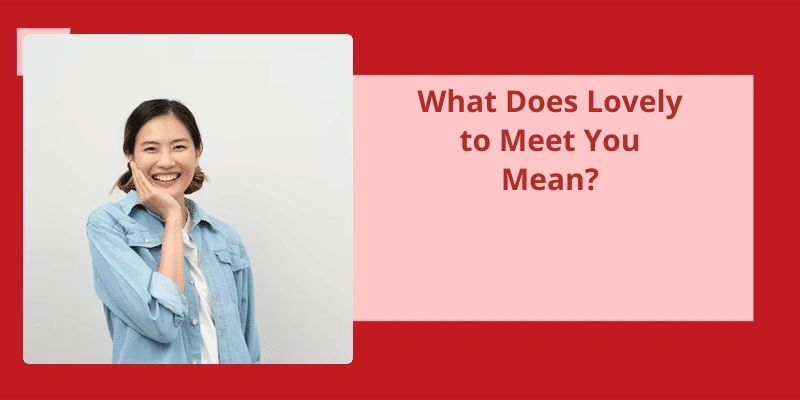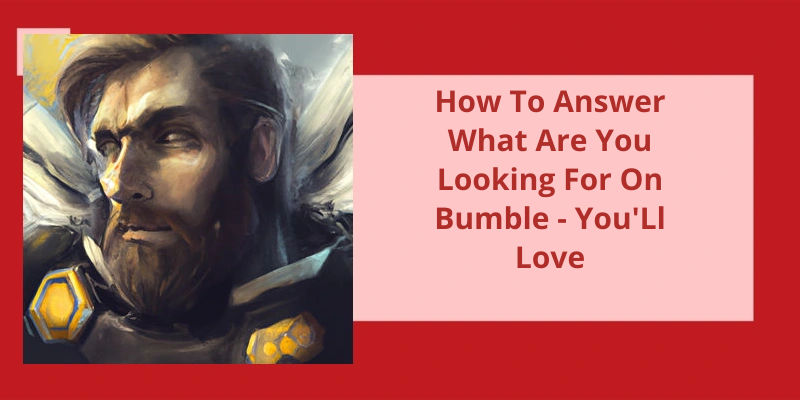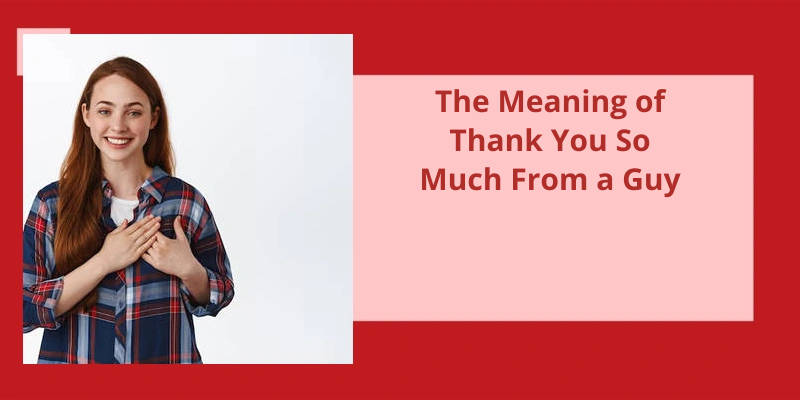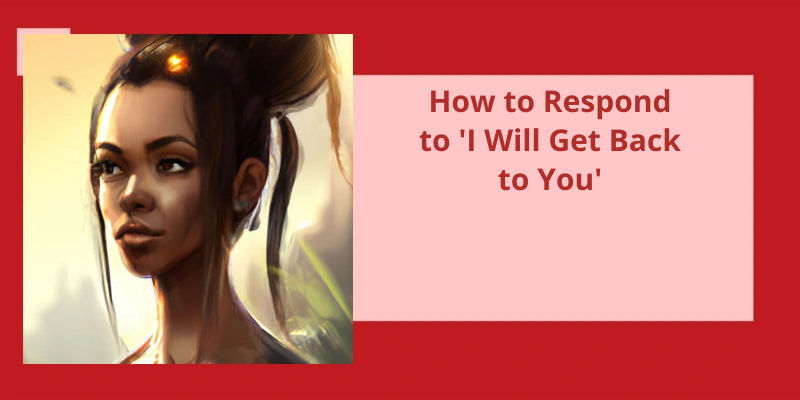Meeting new people can be both exciting and nerve-wracking at the same time. When you meet someone for the first time, it's only natural to want to make a good impression and get off on the right foot. And what better way to do that than with a warm and friendly greeting? Among the most popular phrases used to express such sentiments is "It's lovely to meet you". This simple yet endearing phrase has become a staple in our everyday conversations, particularly when we want to convey how happy we’re to be in someone's company. But what does "lovely to meet you" really mean, and how should we interpret it in different situations? In this article, we'll delve into the meaning and origins of this expression and explore it’s uses in various contexts. By the end of it, you'll have a better understanding of what it truly means to say "it's lovely to meet you".
What Is Another Way to Say Lovely to Meet You?
Meeting someone for the first time requires a bit of etiquette. You want to make a great first impression while keeping things simple and straightforward. Saying “nice to meet you” can feel overused and lacking in enthusiasm. If you’re looking for a refreshing way to greet someone you’ve just met, you might consider saying “its great connecting with you” instead. It conveys the message that you’re excited to have made a new acquaintance, and it sounds more genuine than the usual pleasantries.
This phrase feels more formal than “nice to meet you” and can be an excellent choice when you meet someone in a professional setting. It signals respect and decorum, and it lets others know that you’ve made a conscious effort to present yourself in a dignified manner.
When you want to express your excitement about meeting someone new, you can say “lovely to meet you.”. This phrase has a whimsical and upbeat tone, and it sounds genuinely appreciative. It’s a great way to show your enthusiasm and sets the tone for the conversation to follow. Plus, it’s an excellent way to break the ice and put the other person at ease.
If you’re meeting someone who’s been highly recommended to you, you can greet them by saying “Ive been looking forward to meeting you.”. This phrase conveys that you already have a positive impression of the person and that you’re excited to meet them in person. It also shows that you’ve taken the time to research them and that you value their expertise.
This greeting is straightforward and laid-back and is perfect for informal settings. It sets a friendly and relaxed tone and can help break the ice in a more natural way.
Coming up with a new and creative way to greet someone you’ve never met before can be challenging. Whether you opt for something formal or casual, finding the right words to greet someone can set the tone for a positive interaction and establish the groundwork for future relationships.
How to Introduce Yourself in a Way That Makes a Lasting Impression
Introducing yourself in a way that leaves a lasting impression can be accomplished by being confident, genuine, and engaging. Share your unique qualities and interests, but also listen actively and ask thoughtful questions about the person you’re speaking with. Remember to make eye contact, use a firm handshake, and maintain good body language to show you’re interested and approachable. By doing these things, you can make a lasting connection with the person you’re meeting.
Describing someone as lovely is a term of endearment that can imply much more than just physical beauty. It can be used to express appreciation for someone’s positive qualities, personality, and actions. However, understanding the meaning of this compliment can vary depending on the context and relationship between the people involved. Let’s explore some of the different interpretations of “you are a lovely person.”
What Does You Are a Lovely Person Mean?
When someone tells you that you’re a lovely person, it means that they find you not only physically attractive, but also appealing in various other aspects. It implies that they appreciate and admire you as a person, and find you charming, delightful and endearing. Being called lovely is an indication that you’ve qualities that make you stand out, that you’re a person who’s worthy of affection and admiration.
This phrase not only refers to outward appearance, but also to inner qualities such as kindness, empathy, compassion and a positive attitude. These qualities make someone not only physically beautiful, but also attractively radiant on the inside.
It’s a way to make someone feel valued and appreciated. Hearing that someone thinks you’re lovely can be a confidence booster, and can make you feel good about yourself. It can be a source of happiness and a great conversation starter, encouraging positive interactions between people.
It’s a compliment that celebrates ones unique personality and serves as an acknowledgement of their value and worth.
The Different Ways People Express Admiration and Appreciation to Others Beyond “You Are a Lovely Person.”
Various methods are available for expressing admiration and appreciation to others beyond just saying “you are a lovely person.” Some options include giving compliments for specific traits, expressing gratitude for their actions, thanking them for their support, and showing interest in their hobbies or passions. These methods show a deeper level of appreciation and admiration, enhancing the sincerity and impact of the message.
Now that we’ve cleared up the age-old dilemma of whether to say “It was a pleasure meeting you” or “It was a pleasure to meet you”, let’s move on to other important matters of social etiquette.
Is It a Pleasure Meeting You or to Meet You?
The phrase “it was a pleasure to meet you/meeting you” is a common expression used in social and professional settings when meeting someone new. It’s a polite way to acknowledge the other persons presence and show appreciation for the encounter. Whether you use “to meet” or “meeting” depends on personal preference and context, but both forms are acceptable and convey the same meaning.
In everyday conversation, the two forms are often used interchangeably without any distinction in meaning. Some people may prefer one form over the other based on the tense or word order of the sentence. For instance, “it was a pleasure to meet you” may sound more formal or direct, while “it was a pleasure meeting you” may sound more conversational or friendly.
However, in certain situations, the choice of phrase may carry different connotations or implications. It’s important to consider the context and tone of the conversation when determining which form to use.
This shows respect and professionalism and avoids any potential misinterpretation. However, in casual settings, such as social gatherings or informal introductions, either form is appropriate and depends on personal preference.
Both forms convey the same polite and friendly sentiment and should be used based on the nature of the encounter and the tone of the conversation. Regardless of which phrase you choose, remember to always be courteous and appreciative in your interactions with others.
Other Ways to Express Appreciation for Meeting Someone
- Thank you for taking the time to meet with me!
- It was great to connect with you.
- Your insights were incredibly helpful.
- I learned a lot from our conversation.
- Thanks for sharing your expertise.
- It was a pleasure meeting you.
- I appreciate your time and attention.
- Thank you for your consideration.
- It was wonderful to make your acquaintance.
- Your support and guidance meant a lot to me.
When meeting someone for the first time, it’s always nice to exchange polite pleasantries. One common phrase that may come up is “lovely to meet you.” While it may seem like a simple phrase, it can actually convey a lot of meaning and indicate a positive impression. So, what does it really mean when a girl says “lovely to meet you?” Let’s explore this further.
What Does It Mean When a Girl Says Lovely to Meet You?
When a girl says “lovely to meet you,” it’s often a way of expressing her appreciation for the interaction that just took place. This could indicate that she found the person she was talking to interesting, funny or charismatic. It could just mean that she values the conversation they’d and is open to further interactions.
However, it’s important to read other cues in the conversation to see if there’s any romantic interest beyond just a courteous introduction. If someone is genuinely interested in pursuing a romantic relationship, they’ll likely give other signals through their body language and conversation to signify their interest.
It can indicate a range of things, from genuine interest to simple social politeness. The key is to pay attention to other cues in the conversation and consider the overall context to better understand the persons intentions and feelings.
Using polite phrases like “It was a pleasure meeting you” is an important part of communicating effectively in formal situations. However, knowing when and how to use these phrases can be tricky. In this article, we’ll explore the nuances of saying goodbye politely in English, with a focus on the phrase “It was a pleasure meeting you.”
Can I Say It Was a Pleasure Meeting You?
Saying “it was a pleasure meeting you” is a common courtesy and can leave a positive impression on the person that you’ve just met. It can be a great way to end a conversation during a networking opportunity or business meeting. This simple phrase conveys warmth, appreciation, and shows that you’ve enjoyed the conversation. Additionally, it can help establish a good rapport with the person and pave the way for future interactions.
However, it’s important to remember that saying this phrase may not be appropriate in every situation. Or, if you’ve had a brief encounter with someone that hasnt granted enough of an opportunity to get to know them, the phrase may not be an accurate representation of your feelings.
It’s also important to consider the tone and context in which you say the phrase. Saying it in a sincere and genuine manner can help convey your appreciation for meeting the person, whereas saying it in an insincere or sarcastic tone may negate the positive effect of the phrase altogether. Additionally, the context in which you say the phrase can also affect it’s meaning. For example, saying it at the end of a job interview can demonstrate your enthusiasm for the position and gratitude for the interviewers time.
It can help establish a good rapport and leave a positive impression. However, it’s important to consider the context and tone in which you say the phrase to ensure that it accurately represents your feelings and is appropriate for the situation at hand.
Conclusion
It carries with it a sense of warmth, positivity, and appreciation. It’s a simple and effective way of expressing gratitude towards someone for taking the time to meet you and leaves a lasting impression on them. It signifies a connection and a desire to build a relationship beyond just a casual introduction. The power of this expression is often underestimated, but it’s impact is significant. So the next time you meet someone new, remember to greet them with a genuine "lovely to meet you."






